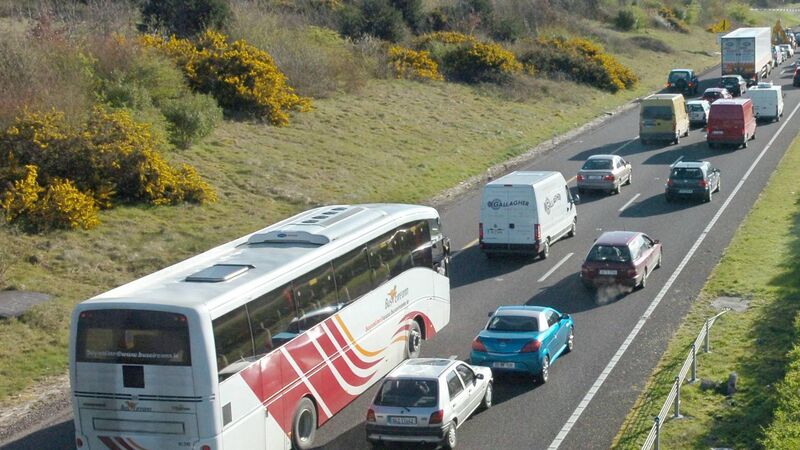Irish have second-highest car dependency in the EU

Research found that 76% of Irish people use a car as their main transport mode on a typical day — up 8 percentage points since a similar poll was conducted in 2019.
Irish people have the second highest level of car dependency among EU citizens, according to the result of a new EU-wide survey.
Research carried out on behalf of the European Commission found that 76% of Irish people use a car as their main transport mode on a typical day — up 8 percentage points since a similar poll was conducted in 2019.
CLIMATE & SUSTAINABILITY HUB












